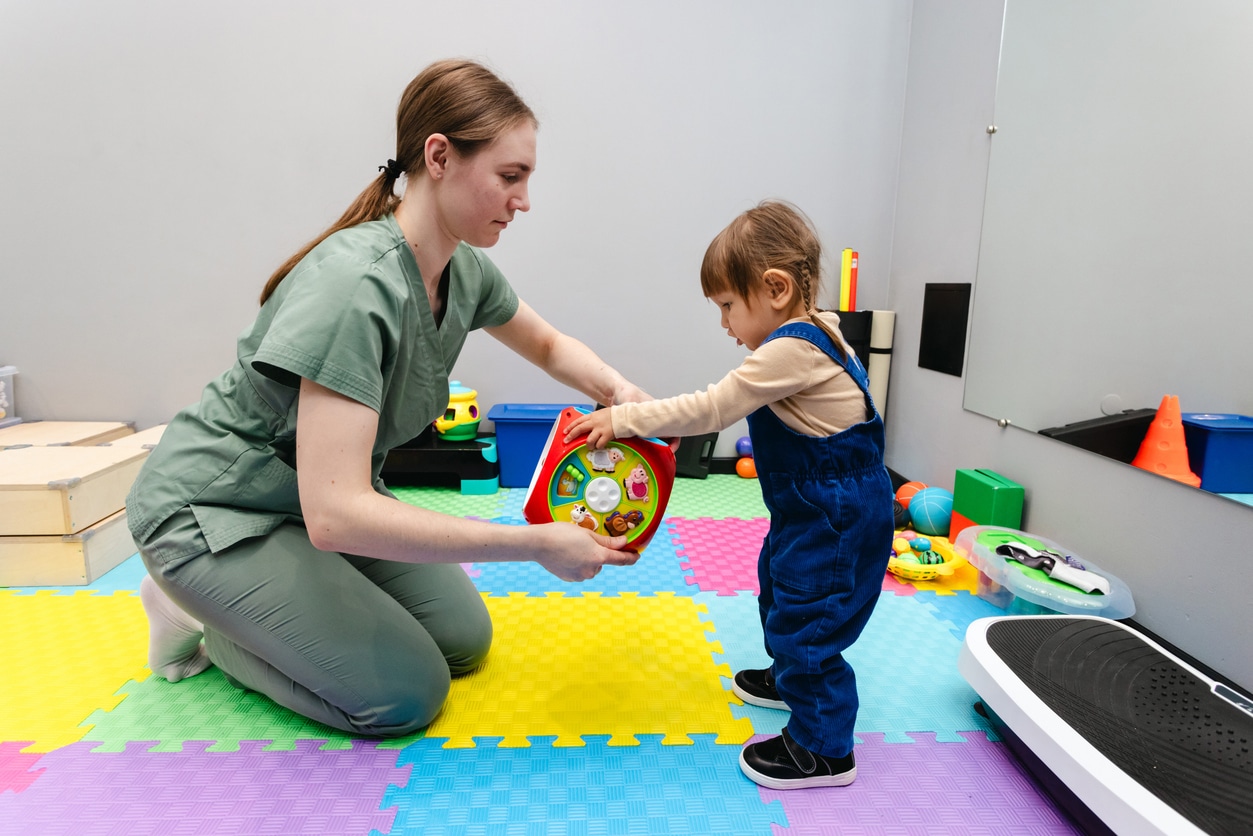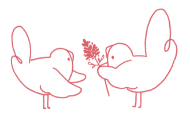Is My Child Too Young For ABA Therapy?

Many parents of toddlers and preschoolers wonder if certain behaviors, like speech delays, tantrums, or difficulty engaging with others, are part of typical development or a sign that additional support may be needed. If you’ve been exploring options like ABA therapy for kids, you might also be asking yourself a difficult but important question: Is my child too young for ABA therapy?
The short answer is no, ABA therapy can be highly effective even in very young children, especially when provided in a nurturing, play-based environment designed to meet a child where they are developmentally. In fact, the earlier children begin pediatric ABA therapy, the greater the opportunity to build communication skills, strengthen social engagement, and promote positive behaviors that support learning and independence.
Why Age Matters in Autism Therapy
Applied Behavior Analysis (ABA) is a widely recognized form of autism therapy used to help children develop new skills and reduce behaviors that may interfere with learning or daily life. It is not a one-size-fits-all approach; it is carefully individualized and can be adapted for children as young as 18 months old.
Research shows that early intervention can lead to significantly better long-term outcomes. That’s because during the first few years of life, the brain is especially responsive to new experiences. This phase of rapid growth, often referred to as “heightened neuroplasticity”, means that the earlier a child begins receiving tailored support, the more likely they are to develop meaningful connections, language abilities, and self-regulation strategies.
Signs That ABA Therapy Might Help Your Young Child
Even before a formal diagnosis of autism, some behaviors may suggest that your child could benefit from an evaluation or early ABA therapy. These may include:
- Limited eye contact or facial expressions
- Lack of interest in playing with others
- Delayed or absent speech
- Repetitive behaviors like hand-flapping or spinning
- Difficulty with changes in routine
- Lack of response to name
These signs don’t always mean your child is on the autism spectrum, but they do indicate that some early support might help them thrive. In many cases, a pediatrician or developmental specialist may recommend ABA therapy as part of a broader early intervention plan.
What ABA Looks Like for Toddlers and Preschoolers
ABA therapy for kids, especially those under age five, is very different from what you might imagine when you hear the word “therapy.” Sessions are play-based and focused on building meaningful, everyday skills through positive reinforcement and gentle redirection. Young children typically work one-on-one with a behavior technician under the guidance of a board-certified behavior analyst (BCBA).
Here’s what a pediatric ABA therapy session may include:
- Practicing simple communication skills like requesting or labeling objects
- Learning how to play with others through turn-taking games
- Building tolerance for everyday routines like brushing teeth or getting dressed
- Developing imitation, joint attention, and engagement skills
Therapists use your child’s unique interests to keep sessions fun and motivating, which helps support long-term learning and generalization.
Is ABA Therapy Safe and Appropriate for Toddlers?
Yes, when provided by experienced professionals and tailored to the child’s developmental stage, ABA therapy is safe and highly beneficial for young children. The approach is rooted in positive reinforcement, not punishment, and is designed to encourage growth through small, manageable steps.
The key is ensuring your child receives therapy in an environment that respects their individuality and supports their well-being. When ABA is delivered with empathy, patience, and collaboration with caregivers, it becomes a tool that uplifts children and helps them connect more fully with the world around them.
What If I’m Still Unsure About Starting?
It’s completely normal to feel uncertain about starting therapy, especially when your child is still very young. No one knows your child better than you do, and deciding when to begin autism therapy is a deeply personal choice.
If you’re feeling unsure, consider starting with a developmental evaluation. These assessments are often gentle and observation-based, designed to help professionals understand your child’s strengths and needs. From there, you can explore whether ABA therapy is the right fit, and what type of program, such as full-time day sessions or part-time, focused therapy, would be most supportive.
Remember, starting early doesn’t mean starting intensively. Even a few hours of weekly therapy can have a meaningful impact when tailored to your child’s age and goals.
Gentle Support From a Trusted Team at Empower Behavioral Health
If you’re wondering whether your child is too young for ABA therapy, know that you’re not alone and that it’s okay to take the next step at your own pace. Whether your child has a formal diagnosis or you’re still in the early stages of observation, supportive resources are available.
Empower Behavioral Health offers ABA therapy for kids of all ages, including toddlers and preschoolers. With full-time and part-time programs across our centers across Texas, we provide individualized care that focuses on early growth, communication, and connection. Reach out to us today to find a program that meets your child where they are, so they can move forward with confidence, joy, and the support they deserve.

